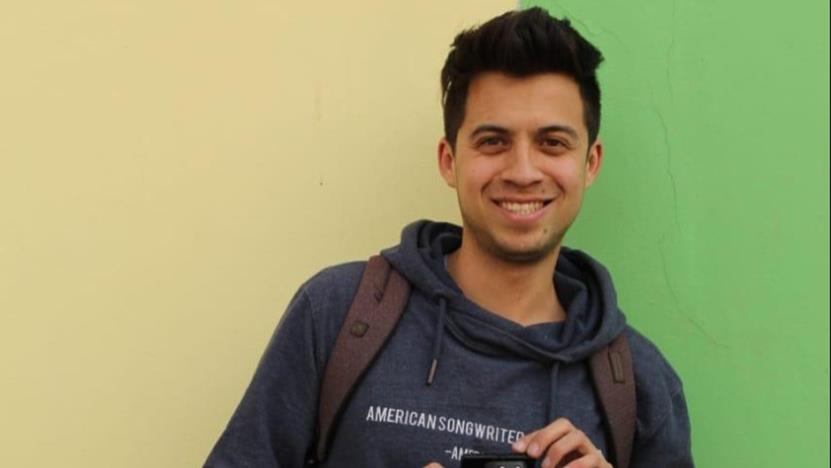We have 2 very urgent Actions on Poland : one about the suffering of refugees trapped at the border of Poland and Belarus. Please sign and circulate the online petition
https://www.amnesty.org.uk/urgent-actions/protect-afghans-stranded-polish-border?fbclid=IwAR0K6hedXLdi1EKceHBYFBrW32yCpuiDQjD_f1EQheny-5Q-ZGjjC-EDTVs
and write personal emails and letters as well. The Urgent Action can be downloaded here. (includes model letter)
The other Urgent Action is about Ela, Anna and Joanna , the three brave LGBTI Rights defenders who are on trial again on 10th November . Please take Action :
https://www.amnesty.org/en/get-involved/take-action/poland-activist-elzbieta-podlesna/
We also have a very important trial coming up in Turkey ,
https://www.amnesty.org.uk/actions/demand-justice-turkish-students-defending-lgbtq-rights
And of course our preparations for the demonstration and Days of Action to support and defend refugees in Europe and the UK are shaping up.
20th & 23rd October Demonstrations and Days of Action
The preparations for the demonstration and day of Action on 23rd October are shaping up. There will be 2 demonstrations in London : One organised by different organisations on Wednesday 20th October outside Parliament protesting against the Nationality and Borders bill (see picture), and on Saturday the 23rd October our Amnesty Europe demonstration starting at 12noon outside the Embassy of Italy (see poster below). We are campaigning against the criminalisation of refugees and Human Rights defenders who are involved in Search & Rescue and against the cooperation of Frontex and Italy with the Libyan coastguard returning refugees to torture, rape and extortion in Libyan DCIM camps. [Read more…]


